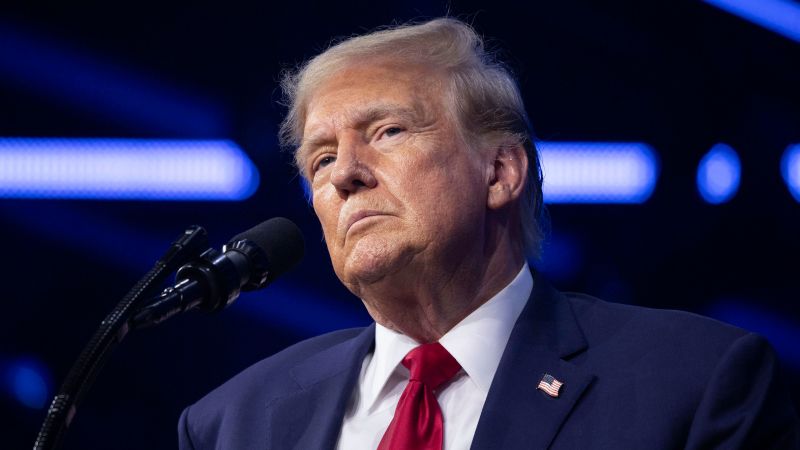The Supreme Court is currently considering a highly anticipated case that questions whether former President Donald Trump can claim immunity from federal election subversion charges. This case could have significant implications for whether Trump can be tried before the upcoming November election. Special counsel Jack Smith is prosecuting Trump’s efforts to overturn the 2020 election, including his actions on January 6, 2021. The court’s decision could impact other criminal cases against Trump as well.
The US Court of Appeals for the DC Circuit ruled that former presidents are not entitled to immunity from criminal prosecution, potentially allowing Trump’s trial to begin immediately. However, during oral arguments, some Supreme Court justices expressed skepticism about this approach and indicated a desire to address broader issues related to the presidency.
The justices may decide to grant some degree of immunity for “official” actions, a move that could delay a trial for Trump. The distinction between official and private actions taken by Trump post-election will be crucial in determining the timing of a trial. If the court determines that some of Trump’s actions were private and not covered by official act immunity, it could speed up the path to a trial.
The Supreme Court’s ruling could explicitly determine which of Trump’s actions were private or set a standard for lower courts to make that determination. This decision will impact how quickly Special Counsel Jack Smith’s case against Trump can proceed. The justices may send the case back to a lower court to determine which actions are prosecutable, further delaying a resolution.
Ultimately, the timing of a trial for Trump will depend on how the Supreme Court rules and specifies the next steps in its decision. The uncertainty surrounding the outcome of the case means that there may not be quick answers for Trump or Smith in the near future.











